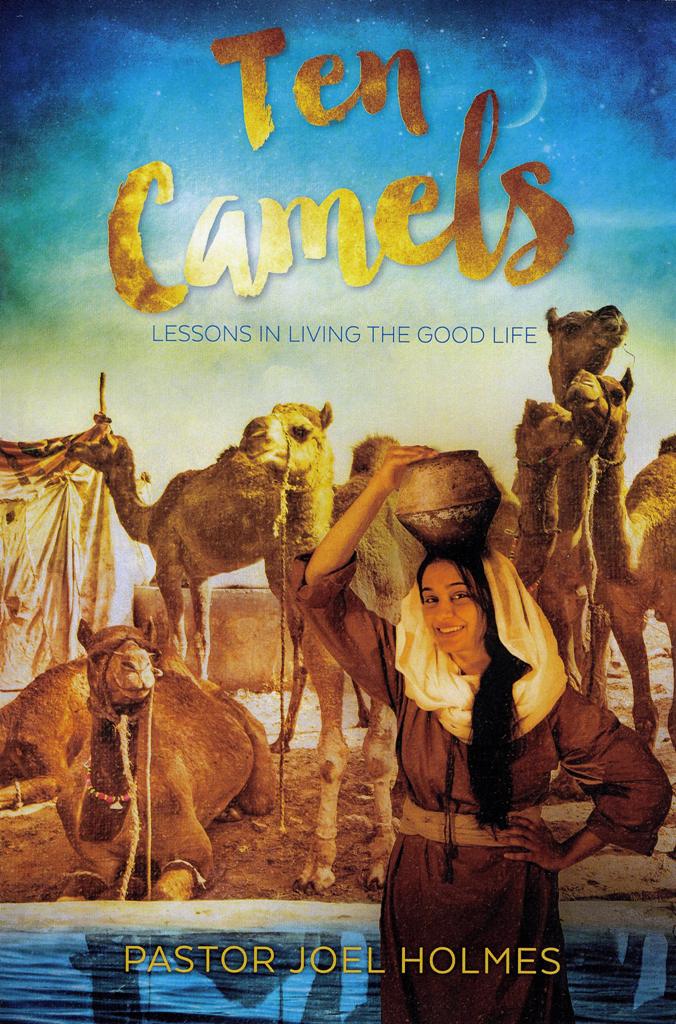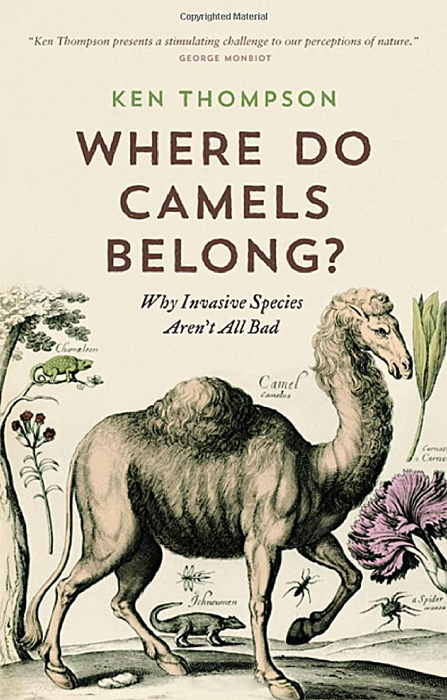

Scientists, helped along by the media, pick and choose the species they want to deem alien and invasive, and ignore some of the facts.


Which has the greater right to live here? Do we have the right to make that choice? Humans are, of course, perhaps the most invasive species of all, responsible for many of the particularly bad invaders.īut Thompson argues that, actually, aliens aren’t bad things at all – at least, not all of them. For example, rabbits aren’t native to Britain, but we used to have wolves and no one wants to reintroduce them much. There are discussions as to how long something has to live somewhere before it’s considered native, and how that opinion can change depending on how cute it is. Thompson then launches into a study of invasive species and how animals and plants traverse the world, adapting to new environments and, often in the eyes of humans, doing a lot of damage. Most people probably associate camels with the Middle East and northern Africa, but Bactrian camels live in Central Asia, the camel evolved in North America, retains it’s greatest diversity in South America, and the dromedary is only found wild in Australia. The answer isn’t quite as easy as it first seems. It opens with the titular question, discussing where we would expect to find camels. Though I’d forgotten his name, turns out I read another book by Ken Thompson five years ago, that one called Do We Need Pandas? He is an ecologist who seems to has written a few books on biodiversity and overlooked aspects of the natural world – one of his books is a study of weeds – but has an informative, accessible style, meaning he’s a great introduction to some of these topics that the layman (such as myself) might not know much about. I find myself at that position again, but it’s my duty to review as much as possible so here we go with a tale of ecology, biodiversity and Japanese knotweed – Where Do Camels Belong? Because of my tendency to read pretty much anything, it does mean that I occasionally read something that’s incredibly niche and won’t be of much interest to many of my readers.


 0 kommentar(er)
0 kommentar(er)
